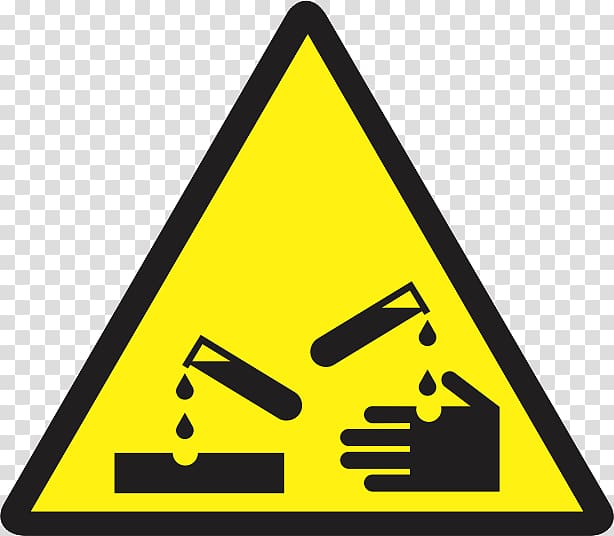Which of the following is NOT an example of a lab safety rule?
a. no food or drink in the lab
b. open toed shoes are okay to wear as long as your feet stay under the desk
c. a fire blanket should be used to put out a small fire
b. Open toed shoes should never be worn in the lab!
Name the particles found in an atom. (Hint: +, -, 0)
electrons, protons and neutrons
An ionic bond is a bond between a _______ and a _____.
metal and nonmetal
An exothermic reaction _____ heat, while an endothermic reaction _____ heat.
releases, absorbs
Acids have a pH _____ 7 on the pH scale.
below
How many significant figures is in the number below?
4.0030
5 significant figures
How many protons are in an atom with an atomic number of 16? What element is atomic number 16?
16, sulfur
What type of bond does the following compound have?
Ca(OH)2
polyatomic or ionic bond
If you increase the temperature of a gas, the particles in the gas will:
a. move slower
b. move faster
c. remain the same speed
b. move faster
solute and solvent
What does the lab safety symbol below mean?

corrosive material
What is the mass number of an atom with 12 protons, 12 electrons and 13 neutrons?
What type of reaction is the following?
C6H12 + 9 O2 ---> 6 CO2 + 6 H2O
combustion
Solve the following problem using Boyle's Law
(P1V1 = P2V2)
If 22.5 L of nitrogen at 748 mm Hg are compressed to 725 mm Hg at constant temperature. What is the new volume?
V - 23.2 L
Name 2 factors that can increase solubility in a substance.
increasing temperature, stirring, adding pressure
The density of copper is 8.3 g/cm3 . What is the mass of a bar of copper that has a volume of 3.0 cm3 .
Remember - Density is mass divided by volume.
24.9 grams
Mendeleev organized the periodic table by _____ while Moseley organized it by _______ which is the way we organize it today.
blank 1 - atomic mass
blank 2 - atomic number
Balance the following equation.
__ NaBr + __ Ca(OH)2 ---> __ CaBr2 + __ NaOH
2:1:1:2
Calculate the following using the Ideal Gas Law
(PV = nRT) R = 0.0821
If I have 4 moles of a gas at a pressure of 5.6 atm and a volume of 12 liters, what is the temperature?
204.6 K
What is the molarity of a 0.30 liter solution containing 0.50 moles of NaCl?
Molarity = moles divided by liters
1.67 M
Express 205,000,000 mi in scientific notation.
2.05 x 10^8
Name the families:
Group 1 -
Group 2 -
Group 17 -
Group 18 -
Group 1 - Alkali metals
Group 2 - Alkaline Earth metals
Group 17 - Halogens
Group 18 - Noble Gases
Balance the following equation.
__ Li3N + __ NH4(NO3) --> __ LiNO3 + __ (NH4)3N
1:3:3:1
Calculate the following using the Ideal Gas Law.
(PV = nRT) R = 0.0821
If I have an unknown quantity of gas at a pressure of 1.2 atm, a volume of 31 liters, and a temperature of 87 C, how many moles of gas do I have?
1.26 moles
What is the pH of a 0.0235 M HCl solution?
pH = -log(H+)
Is this an acid or a base solution?
1.63, acid